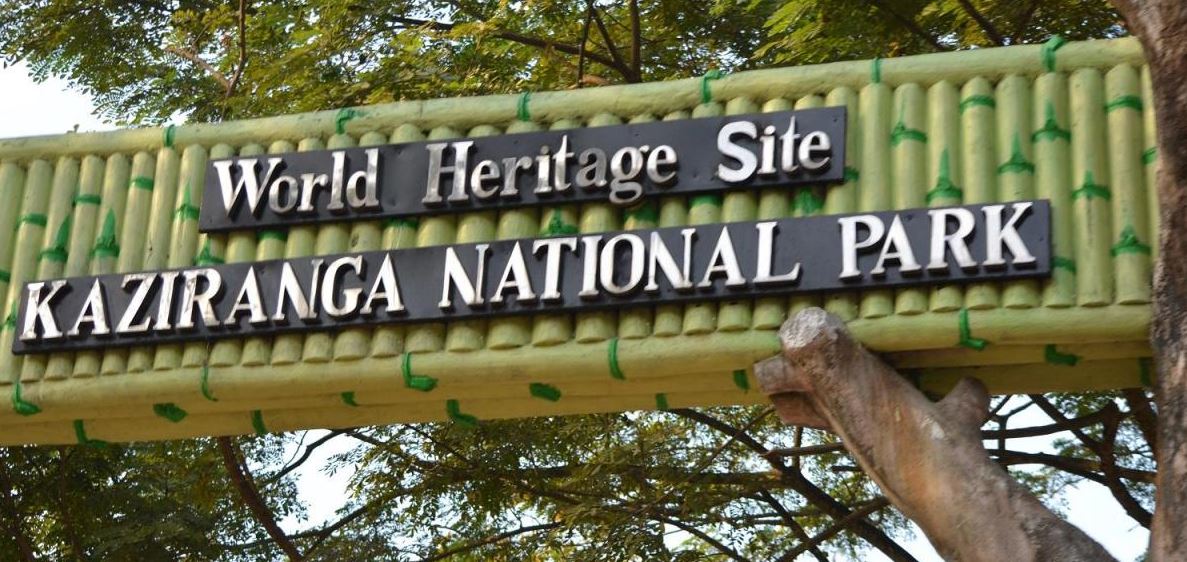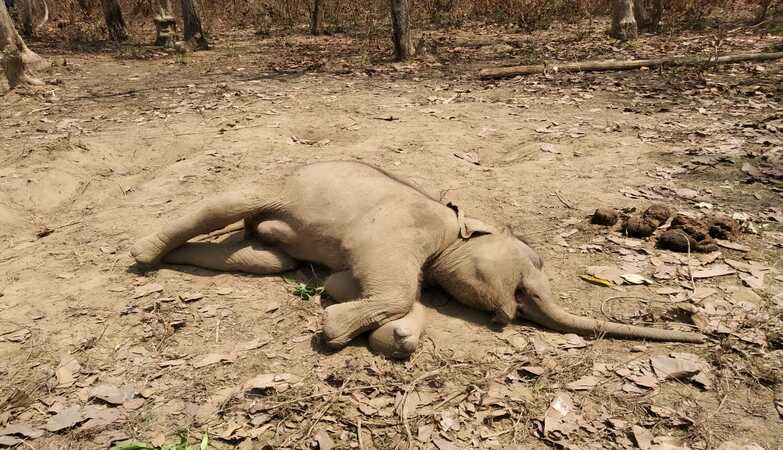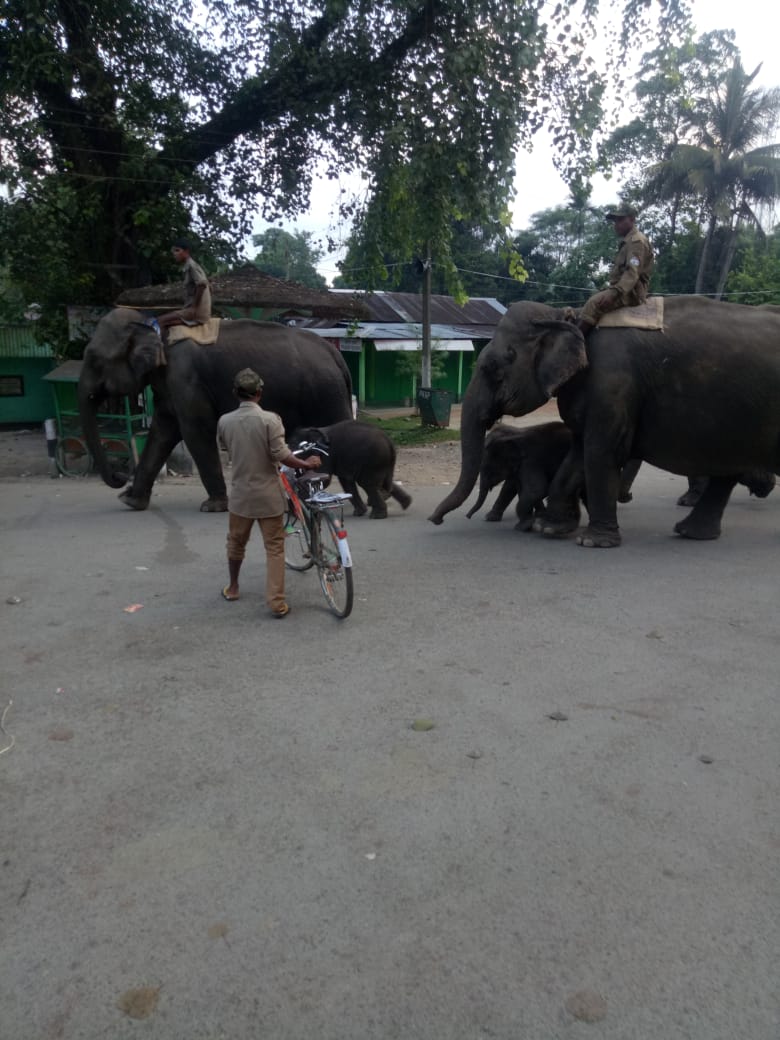
Assam Cabinet Approves 47,000 Hectare Expansion of Kaziranga National Park
The Assam Cabinet, led by Chief Minister Himanta Biswa Sarma, has taken a significant step to promote biodiversity conservation and enhance eco-tourism by approving the substantial expansion of Kaziranga National Park, adding an impressive 47,306.33 hectares to its area. The decision, announced officially on June 4, 2025, marks the park’s 6th extension and aims to reinforce the park’s status as a global conservation success story. The approval was made during a state cabinet meeting held earlier on May 21 at Lok Sewa Bhawan in Guwahati. A statement from the Chief Minister’s Office (CMO) confirmed that the expansion is geared towards strengthening biodiversity efforts and promoting sustainable tourism within the boundaries of this UNESCO World Heritage Site.

The expansion of Kaziranga National Park will incorporate several areas from adjoining districts, with villages like Gopal Jarani, Gonaitapu, Jobre, Thute Chapori, Baligaon, Biswanath Ghat, Umatamoni, Gakhirkhaite, Silghat, and Hatimura falling within the new boundaries. However, the CMO statement later clarified that these 10 villages would ultimately be excluded from the final plan, likely in response to land-use considerations and community feedback. This latest move comes as Kaziranga continues to draw global recognition for its conservation achievements. Spread across 1,302 sq. km before the proposed expansion, the park is world-famous for harboring the largest population of the endangered one-horned rhinoceros, with a current estimated count of 2,613 individuals. In addition, the park supports a healthy population of tigers, estimated at 32.64 per 100 sq. km, making it one of India’s most significant tiger conservation areas.
The expansion not only aims to enhance the ecological integrity of the reserve by offering more room for wildlife to roam freely, but also aligns with the state’s goal of boosting eco-tourism and community-based conservation initiatives. The Kaziranga landscape, rich in grasslands, wetlands, and riverine ecosystems, is home to a variety of species, including elephants, wild buffaloes, swamp deer, and hundreds of bird species, making it a magnet for both wildlife enthusiasts and researchers.
Beyond the national park, the Assam Cabinet meeting also addressed a range of other critical state matters. In a move focused on strengthening rural security, the cabinet approved the issuance of arms licenses to indigenous Indian citizens residing in vulnerable and remote border areas. Chief Minister Sarma stated that this would act as a deterrent against unlawful threats and improve the personal security of these communities. In terms of educational and vocational advancement, the Cabinet approved a ₹250 crore proposal to upgrade 34 polytechnic colleges and 43 government ITIs into Centres of Excellence in partnership with Tata Technologies Limited. This initiative is expected to boost skill development and improve employment prospects for thousands of students across Assam.
Further, the Cabinet honored Assamese cultural icons by renaming key institutions.
- The Sarusajai Sports Complex will now be known as the Arjun Bhogeswar Baruah Sports Complex, while the Mangaldoi Stadium will bear the name Raja Dharma Narayan Stadium.
- The State Institute of Panchayat and Rural Development will be renamed the Golap Borbora State Institute of Panchayat and Rural Development.
- On the renewable energy front, the Assam Power Distribution Company Limited (APDCL) has allotted land to Greenko Energies for a 900 MW Pumped Storage Project in West Karbi Anglong.
- The Cabinet also approved policy relaxations in land categories for oil palm cultivation under the National Mission on Edible Oils – Oil Palm (NMEO-OP), aiming to support more farmers through agro-economic initiatives.
- Chief Minister Sarma chaired the first meeting of the Core Committee for the Centenary Celebrations of Bharat Ratna Dr. Bhupen Hazarika.
The expansion of Kaziranga National Park, along with these progressive initiatives, reflects Assam’s multifaceted development agenda, where environmental stewardship, cultural pride, education, and security are all moving forward in tandem.


